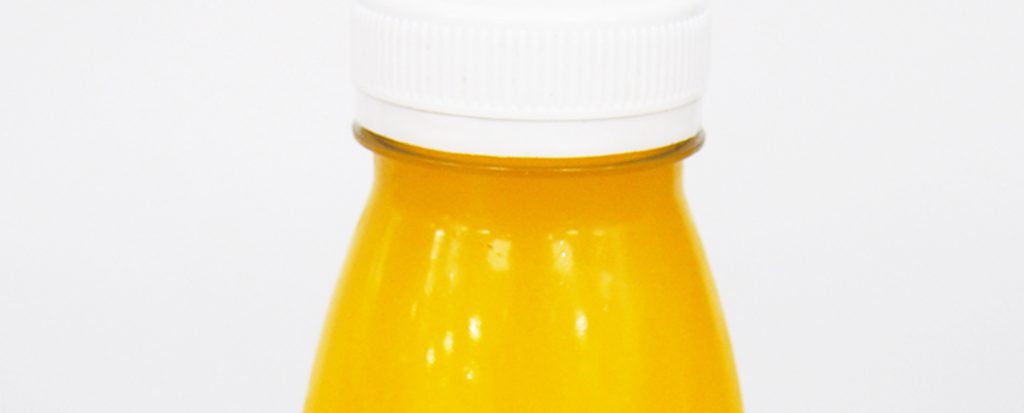

INFLAMMATION – FRIEND OR FOE?
Inflammation, you may have heard this term popping up a lot lately, more specifically, statements like ‘x food causes inflammation, with wheat and dairy particularly demonized,’ or ‘y food, like turmeric, has anti-inflammatory properties. Explaining the what’s, how’s and why’s of this topic will give you a better understanding of what inflammation really is, how it can benefit us and how to use nutritional strategies to prevent or mitigate the negative effects of it.
What is inflammation?
Inflammation is an integral part of the body’s immune response, it is a protection method implored as a response to something the body deems as harmful to us. This could be a virus, bacteria, chemical or a physical item- such as a splinter under the skin. It is this response which helps our wounds to heal, preventing them from infection as well as assisting our muscles to repair after exercise. This short-lived inflammation is what we classify as acute.


So, what’s the problem?
While the above all sounds beneficial (and it is), it becomes an issue when this is prolonged or when the body perceives a threat, and therefore launches an inflammatory response when one is not required. This can lead to a situation where inflammation is ongoing, which in turn can increase your risk of diseases like arthritis, Alzheimer’s and heart disease as well as being linked to mental illness-as documented in a recent review in the American Journal of Psychiatry.
Acute vs chronic
Acute inflammation is the body’s immediate reaction to a threat and generally disappears after a few days. Chronic inflammation can last years and can be due to the following:
– Failure to rid the body of the cause of the acute inflammation.
– The immune system perceiving healthy tissue as harmful.
– Minor and repeated exposure to the agent
The causes
The cause is an over-reactive immune system, which can be due to a poor diet, minor food allergies, environmental toxins or physiological stress.
Food sources that exasperate inflammation
Highly processed carbs and foods with a high sugar content are a trigger for most people, as well as an unfavourable ratio of omega-6 (vegetable oils like sunflower, soy, peanut) to omega-3 fatty acids (flaxseed, oily fish). Additionally, there are foods which vary between person to person so it’s important to recognise which foods fuel inflammation for you.
Dietary strategies to reduce inflammatory impact
– Eat fatty fish 3 x per week- providing the body with healthy omega-3 fatty acids which work at a cellular level to combat acute inflammation as soon as it has been triggered.
– Add the spice turmeric spice into your diet- the active ingredient curcumin has strong anti-inflammatory links. Try consuming with black pepper as this increases the bioavailability of cur cumin.
– Add tart cherries of cherry juice- High intense and prolonged duration exercise causes muscle damage, inflammation, and pain. However, a study published in the Scandinavian Journal of Medicine & Science in Sports shows the efficacy of supplemented cherry juice in reducing inflammation and oxidative stress.
– Finally, focus on a plant based diet, including a plentiful supply of whole vegetables and fruits, seeds and nuts. This will naturally provide a whole range of antioxidants as well displacing less nutrient dense foods.